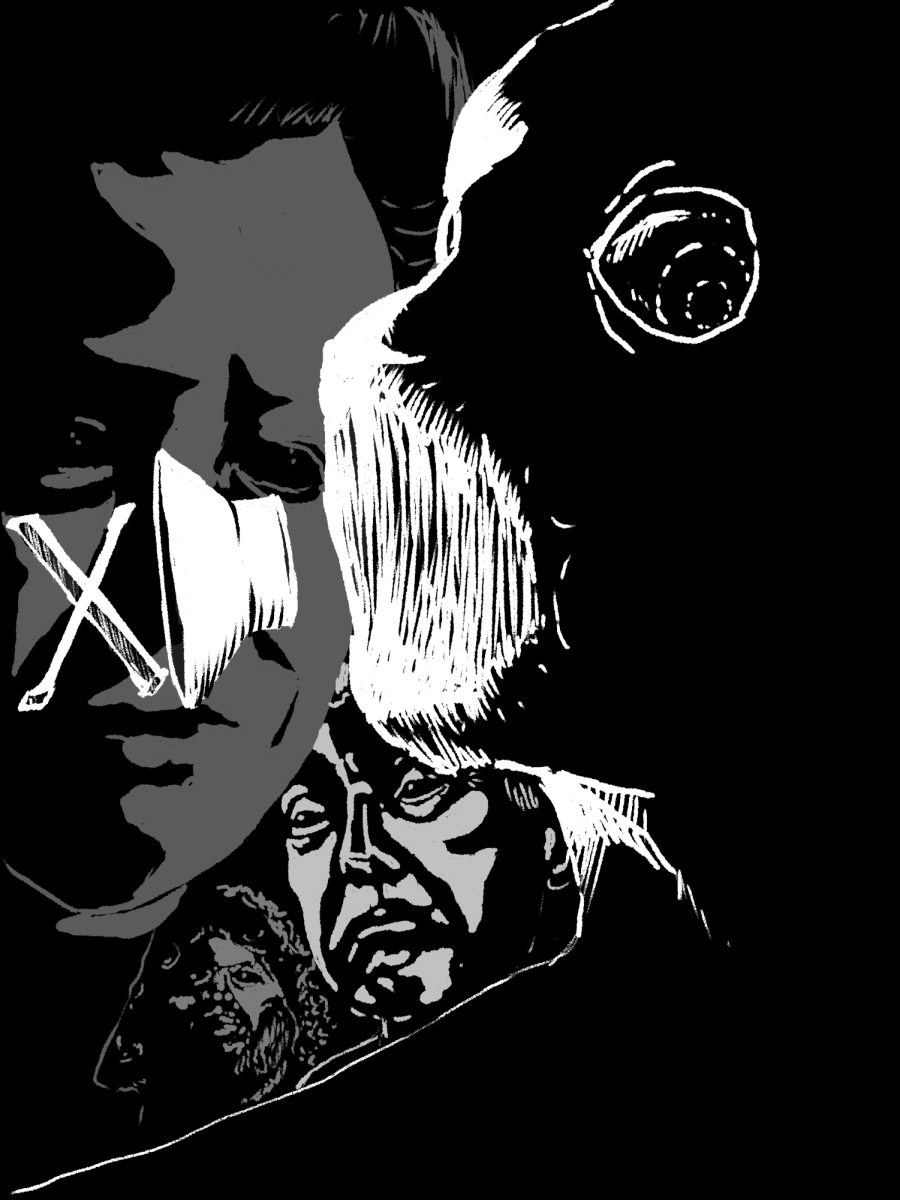At Whitman, conversations about identity are a daily fixture — woven into classrooms, affinity groups and late-night personal debates. Whitman prides itself on its awareness and allyship. But even in these progressive spaces, I fear a pattern has emerged: the tendency of white individuals to use marginalized aspects of their identity — such as being queer, trans, nonbinary or neurodivergent — as a way to distance themselves from the structural power of whiteness.
Queerness, gender nonconformity and neurodivergence come with very real challenges too. To be queer in a heteronormative world, or neurodivergent in a society built for neurotypical people, is to move through systems not designed for your safety or belonging. These sites of oppression deserve attention, respect and solidarity as well.
But those truths do not erase or override the social capital, institutional leniency and basic safety that whiteness continues to afford in America’s intentionally and deeply racialized society. Marginalized identities do not neutralize whiteness — they coexist with it. Yet increasingly, some white individuals in progressive spaces seem to treat their queerness or neurodivergence as a kind of “exception clause,” a way of opting out of whiteness and its uncomfortable implications.
This manifests in subtle and not-so-subtle ways, like white students asserting that they’re “not that white” because they’re part of the LGBTQ+ community or white activists feeling comfortable assuming leadership in racial justice spaces because they’re trans and therefore “understand oppression” in a similar way. It’s an identity code-switch — turning personal marginalization into an escape from accountability in racialized spaces.
This move, whether intentional or unconscious, does two things. First, it recenters whiteness in conversations that were made to decenter it. And second, it collapses complex systems of power into a one-size-fits-all oppression Olympics, where any form of marginalization is treated as interchangeable — and therefore equally authoritative — across all oppressed contexts.
To say “I’m queer, so I understand racism” or “I’m neurodivergent, so I don’t benefit from whiteness” is not only inaccurate — it has backlash. It erases the specific, generational and systemic nature of anti-Blackness, anti-Indigeneity and other forms of racial violence. It ignores the reality that white queer people are more likely to be hired, supported and believed than Black queer people. It ignores the fact that neurodivergent white students often have parents who can afford evaluations, accommodations and advocacy — resources routinely denied to students of color.
Whiteness does not disappear just because you’ve been marginalized in another context. It adapts. Two things can be true at once.
This isn’t about silencing white queer or neurodivergent people. Their voices matter, and their experiences are always valid. But it is about recognizing that those identities do not make someone less white — or less responsible for interrogating the privileges that whiteness provides. Queerness and neurodivergence don’t cancel out race, and they don’t negate history. And if we’re serious about intersectionality (not just using it as a buzzword), we need to hold space for complexity — not use it as an escape.
Intersectionality, coined by Kimberlé Crenshaw, was never meant to be a buzzword or a blanket. It’s a framework for understanding how systems of power overlap and compound — not cancel each other out or equate to one another. A white queer person may experience homophobia and heteronormativity, but they still move through the world with the benefit of white skin/features.
A white neurodivergent person may struggle with ableism but still have access to legal protections, educational resources and cultural representation that Black or Brown neurodivergent individuals often do not.
And yet, in spaces like ours — small, liberal and socially aware — there’s a growing discomfort with naming whiteness as a system of power that benefits all white people, regardless of how they identify. Perhaps it’s because guilt is easier to deny than to work through. Or perhaps it’s because whiteness itself teaches those who hold it that they are always the exception, never the problem.
Whatever the reason, this pattern has to be recognized now so it can cease to exist later. We need to lovingly but firmly push back when whiteness tries to hide behind marginalized identities such as queerness or neurodivergence. We need to resist the idea that experiencing one form of oppression gives someone a pass to speak freely on all others.
In a relatively progressive space like Whitman, it’s easy to assume that shared marginalization means shared perspective. But solidarity isn’t identity-based and automatic — it’s earned. It begins with self-awareness and requires a willingness to hold multiple truths: that you can be marginalized and privileged at the same time, and that true allyship means understanding when to speak and when to listen.
Whiteness doesn’t disappear because it feels inconvenient as a young activist. And our politics, if they are to mean anything at all, must be rooted in honesty — not just about others but about ourselves.



